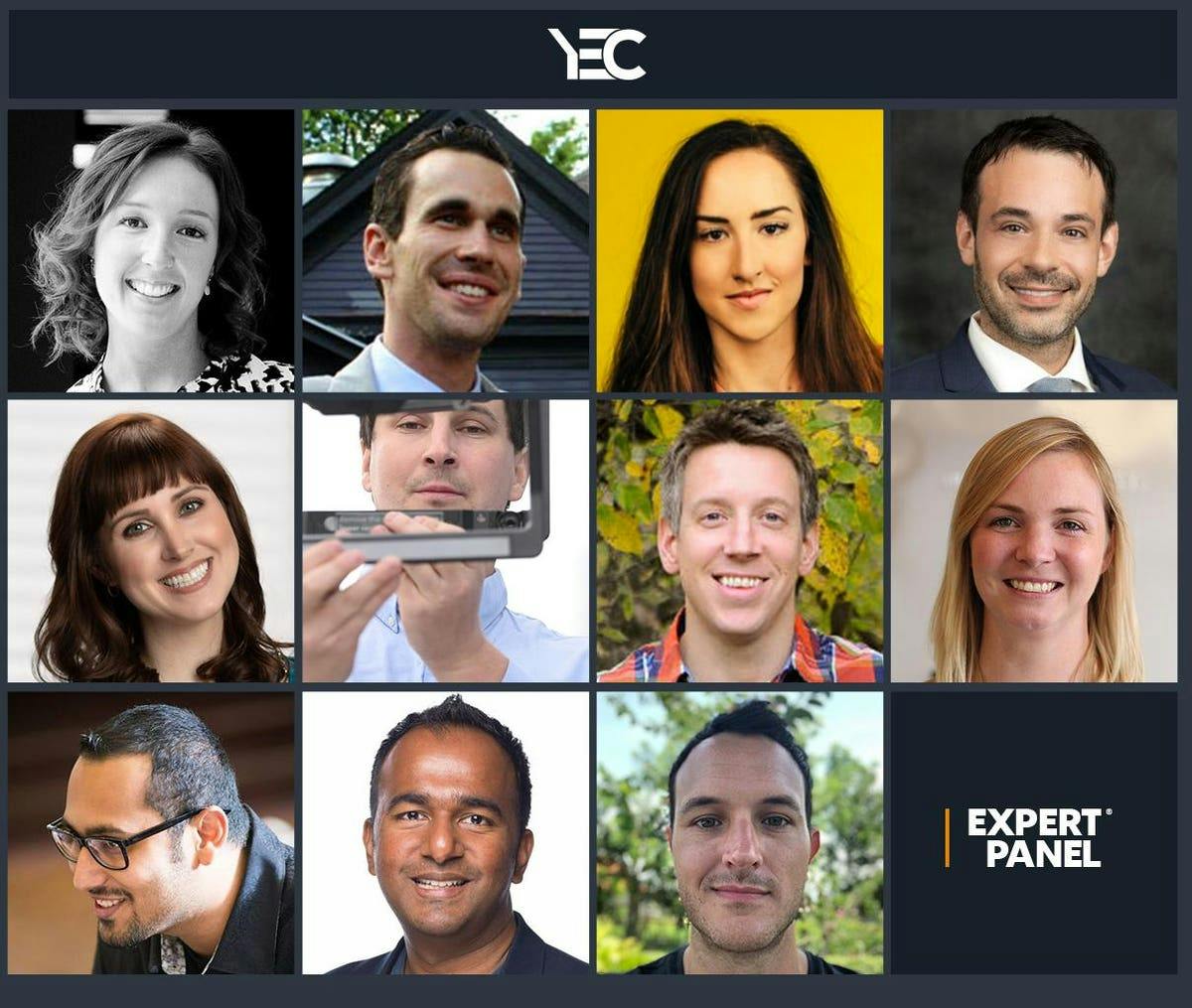Member Since April 2020
About
Entrepreneur, angel, SEO geek, and investor in lifestyle businesses. Bootstrapped a dozen profitable businesses, with two meaningful exits.
Travis Jamison
Published content
expert panel
These 20 entrepreneurs discuss the best features for remote management of a displaced workforce. Remote working isn't anything new. Many businesses have been leveraging the power of remote workers for years. Industries have replaced onboard hires with freelance workers who operate from anywhere globally, where they can have an uninterrupted internet connection. But with this year’s shift toward an almost entirely displaced workforce, many businesses are struggling to find the best strategies and tools for managing a fully remote team. Industries around the world have grappled with a change in the status quo before. Those businesses that had managers able to adapt to these changes were the ones that survived. With change on this scale, it's impossible to keep holding onto the traditional way of interacting with employees. The office has changed, and managers need to change with it or be replaced by those that do. Typically, upper management develops techniques that they can use in person-to-person interactions. As global offices have moved online, many of those techniques no longer work. As a result, managers are frantically searching for the right technology solutions that can allow them to run a virtual office with the same efficiency as a physical one. To help, 20 members of YEC discuss the innovative software they use to interact and manage their teams and why it's suitable for any company facing the challenges of a displaced workforce.
expert panel
When a business advertises for a position, you can be assured that there will be a flood of applications coming in. If you're a young entrepreneur with a small company, you'll be doing most of the application sorting yourself. The first step is determining which applications suit the character, demeanor, and qualifications you're looking for. Unfortunately, not everyone has the time and budget to dedicate to this kind of task. Luckily, there are ways to speed up your sorting process while still allowing the most suitable applications to go through to the in-depth perusal stage. Eight contributors to Young Entrepreneur Council examine the techniques they use to sort applications when they have limited time and budget.
expert panel
When you set up your startup and start hiring your first few people to staff, not all of them will be tech workers. Non-tech professions such as sales, marketing, etc. are also crucial to the success of a product. Some companies don't offer these hires any equity, but this may be a huge mistake. You can lose talented professionals if you don't sweeten the deal enough. Yet how much equity is too much for these non-tech hires? What are the elements to look at when considering how much equity they should get? To help, 11 members of Young Entrepreneur Council weigh in on what any leader should keep in mind when figuring out how much equity non-technical hires should receive in their startup.

expert panel
“Thought leadership” is a big buzzword in the business world right now, and it’s easy to see why it’s become such an important focus for leaders. When others look to you for your expertise and insight, you can become a leading, recognized voice in your industry. But what does it take to become a thought leader, and what actionable steps can you take toward that goal? We asked members of Young Entrepreneur Council to share some specific factors that define an industry thought leader and what actions people can take to start stepping in the right direction. They shared their responses below.
expert panel
Once seemingly confined to the spheres of gaming and technology, virtual reality (VR) and augmented reality (AR) are becoming increasingly common in both personal and professional ventures. In fact, VR and AR can be used to great effect in one’s personal branding strategy, especially if it's giving your audience a deeper connection or more intimate look at your business. As successful business leaders, the members of Young Entrepreneur Council are on the pulse of the latest industry trends and technologies. Below, they share nine high-impact ways you can incorporate VR and AR into your personal branding.
expert panel
17 professionals from YEC share the best websites for locating fresh talent. There has been a change in how companies approach the idea of outsourcing. In recent years, businesses have grown less fond of doing everything in-house and more open to hiring freelancers to lend them a hand. This new reality in the world of employment has spawned a massive explosion of websites that cater specifically to professionals providing talent to companies. Searching for local expertise, in particular, can help to enhance the region and support the local community. Additionally, local contractors are easy to get in touch with, either though message or by direct phone call. Occasionally, you may need someone familiar with the region you're operating in, which is why outsourcing to a local freelancer is the right call. Many companies overlook local talent because they have the misconception that imported talent is automatically better. Knowing where to look to find the best in local talent might encourage you to reconsider your opinion on hiring locals to work for your company. Many of these websites offer businesses access to a wide pool of qualified candidates, as well as the possibility of fine-tuning their search so as to identify the most relevant candidates. Filters you can get access to include the location (for local or regional talent), ratings, and expertise. All of these are critical factors in determining whether a freelancer or professional will fit the business's needs. However, not all of these websites are built in the same vein. Seventeen professionals from YEC share valuable advice on the best websites for finding outside talent -- local or not – and explain why those resources are vital to their own businesses.
Company details
Smash.vc
Company bio
Smash buys minority ownership positions in bootstrapped small businesses, and then uses our internal team to help grow them. Our Beliefs: Bootstrapping is a good thing, "lifestyle business" is not a dirty word, and profit comes first, growth comes second. We are not a fund, but instead use internal capital for our projects. This gives us the ability to have a long-term point of view, allowing us to think in decades rather than fund-cycles. We love owning companies for the long-term, but will also work with founders who are interested in a larger exit down the road. If this sounds like your cup of tea, come say hi.

